Thriving Earth Exchange is pleased to announce our May 2024 cohort of Community Science Fellows!
They’ll be working with communities across the United States, Mexico and South America to launch impactful community science projects. The partnership will connect communities with scientists and technical experts and support them as they work together to tackle local challenges related to natural hazards, natural resources and climate change. Stay tuned for more information about the impactful projects to come from this launch and the communities who lead and inspire them!
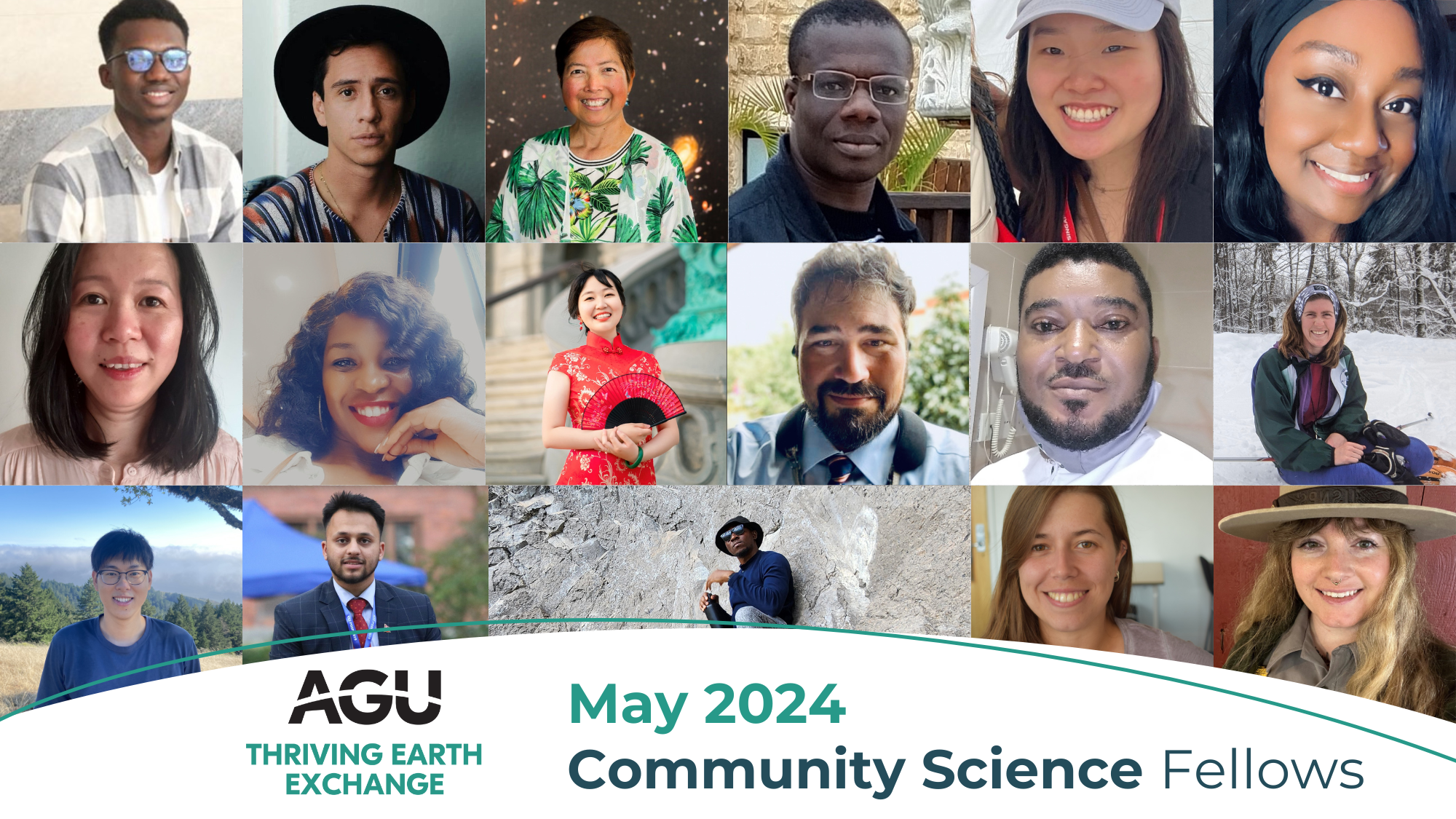
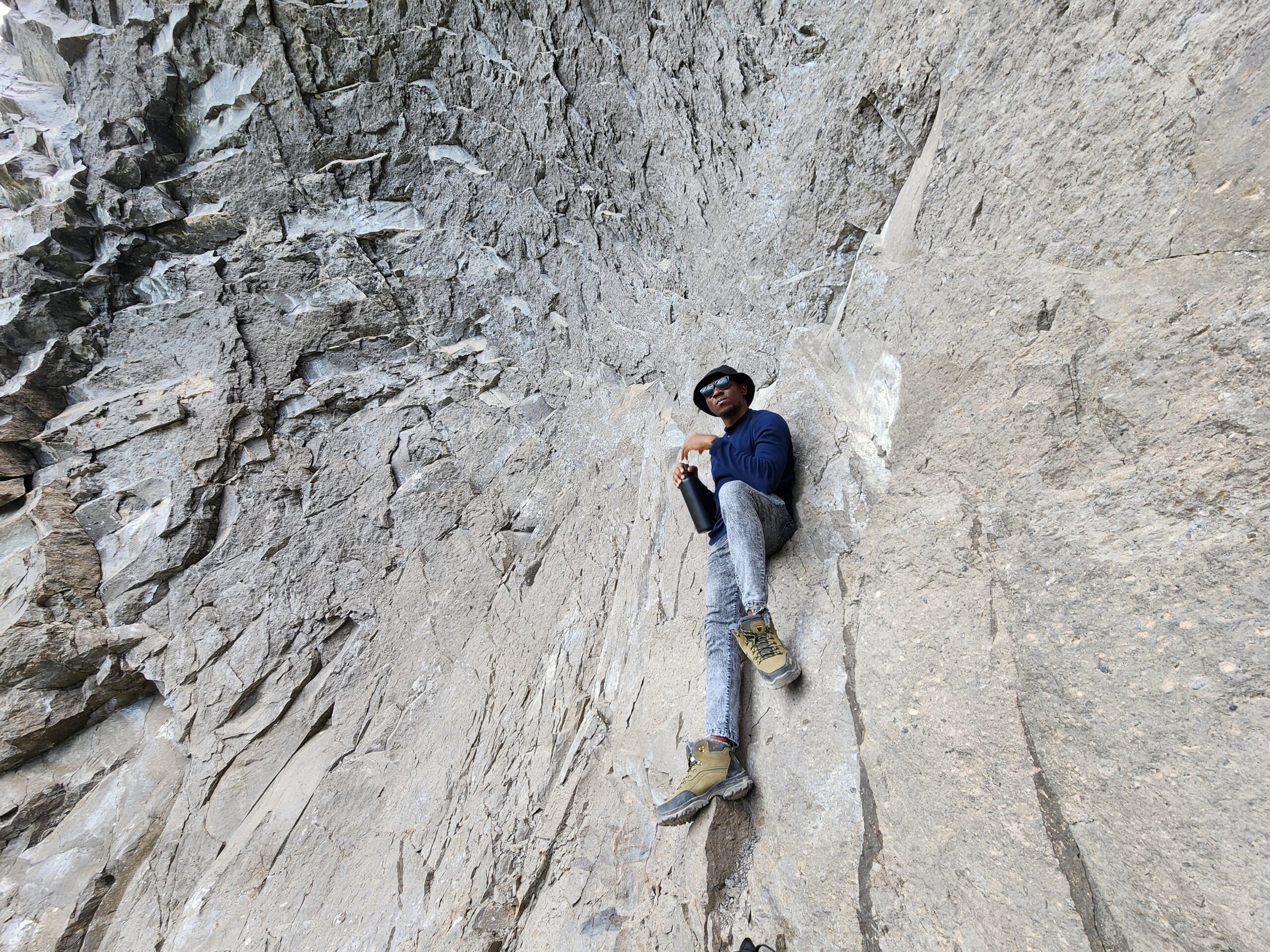
Babatunde Aderibigbe holds a bachelor’s degree in Geology from Obafemi Awolowo University in Nigeria, and has worked as a geologist for two years. Currently, he is a grad student in the Department of Geosciences at the University of Tulsa. His research focuses on subsurface geophysics and reservoir characterization. He has extensive experience in processing and analyzing complex datasets and extracting meaningful insights through advanced computational skills. He is passionate about volunteering and eagerly embrace opportunities to make a meaningful impact in his community. Additional, he contributes to academic forums and workshops, sharing his knowledge and learning from peers. Outside of his academic and professional pursuits, he enjoys hiking, playing ping pong, soccer, and video games, as well as watching memes and spending time with friends.
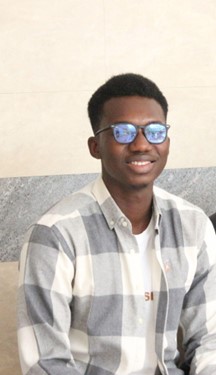
MERCY Onaopemipo Akintola is a highly experienced Remote Sensing and GIS professional with a B.Tech in Remote Sensing and Geoscience Information Systems from the Federal University of Technology, Akure, Nigeria. Mercy has accomplished the handling of large volumes of complex GIS data for diverse organizations. His advanced skills in GIS and Remote Sensing have contributed to his exposure and impact in that field.
Mercy has taken on diverse roles, showcasing his versatility. His research interests focus on Enhancing Disaster Response and Resilience through Near and Real time GIS for Flood Monitoring and Analysis using IOT, Machine learning, Google Earth Engine, and GEOAI.
He currently serves as a HOT Global Validator and trainer for the Humanitarian OpenStreetMap Team. He has been involved as a Logistics Team Lead for both the Space Generation Advisory Council Nigeria and the GISFest Conference, He also serves as a working group member for OpenStreetMap US. Mercy has also excelled as a Community Manager at Milsat Technologies, 2021-2022 YouthMappers Regional Ambassador, a GIS Analyst and Field Data Collector at Wastespy, and the President and Vice President of the YouthMappers FUTA chapter.
Mercy’s impressive skills cut across, the ability to utilize spatial analysis tools and virtual team collaboration. Complementing his technical expertise, Mercy possesses excellent interpersonal skills, strong time management, resourcefulness, and a healthy work ethic. Originally from Nigeria. Mercy enjoys hitting the gym, hiking, dancing, traveling, and discovering new places
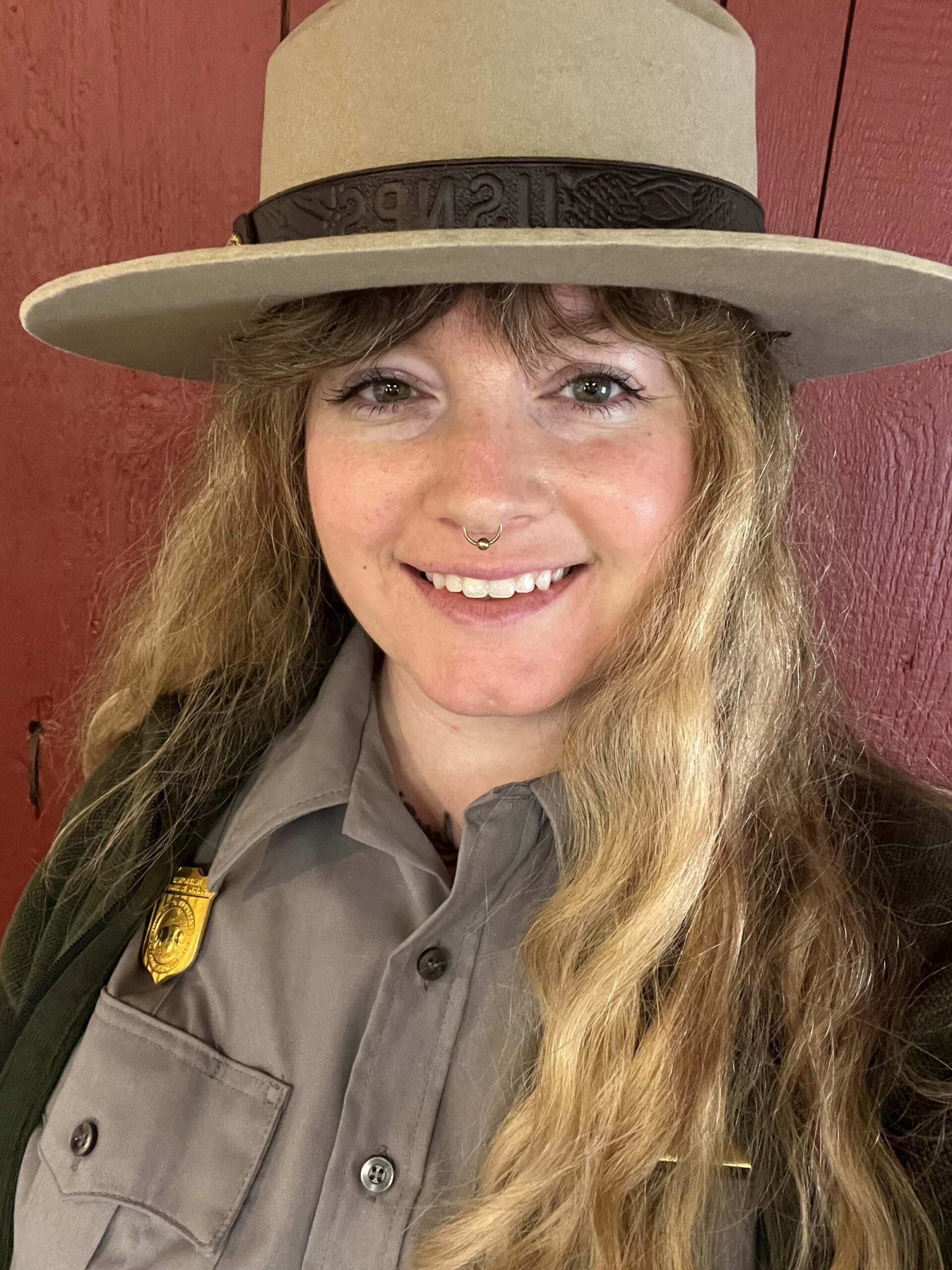
Paula Baugher (she/her) is a Fee Ranger at Fort Vancouver National Historic Site in Vancouver, Washington (Portland metro). Originally from Ohio, she’s lived in the Portland area for 10 years with her husband, dog, and 2 cats. She graduated from Portland State University in 2023 with a BS in Science and a minor in Geology. She is passionate about engaging the public in the fascinating geology of the Pacific Northwest. For 12 years, she worked in banking and worked directly with her local communities through volunteer coordination and providing financial literacy. At Fort Vancouver, she enjoys doing interpretive work with the public and sharing the history of this significant site and the region. Outside of work, Paula enjoys reading fantasy novels, meditation, camping, and live story-telling.
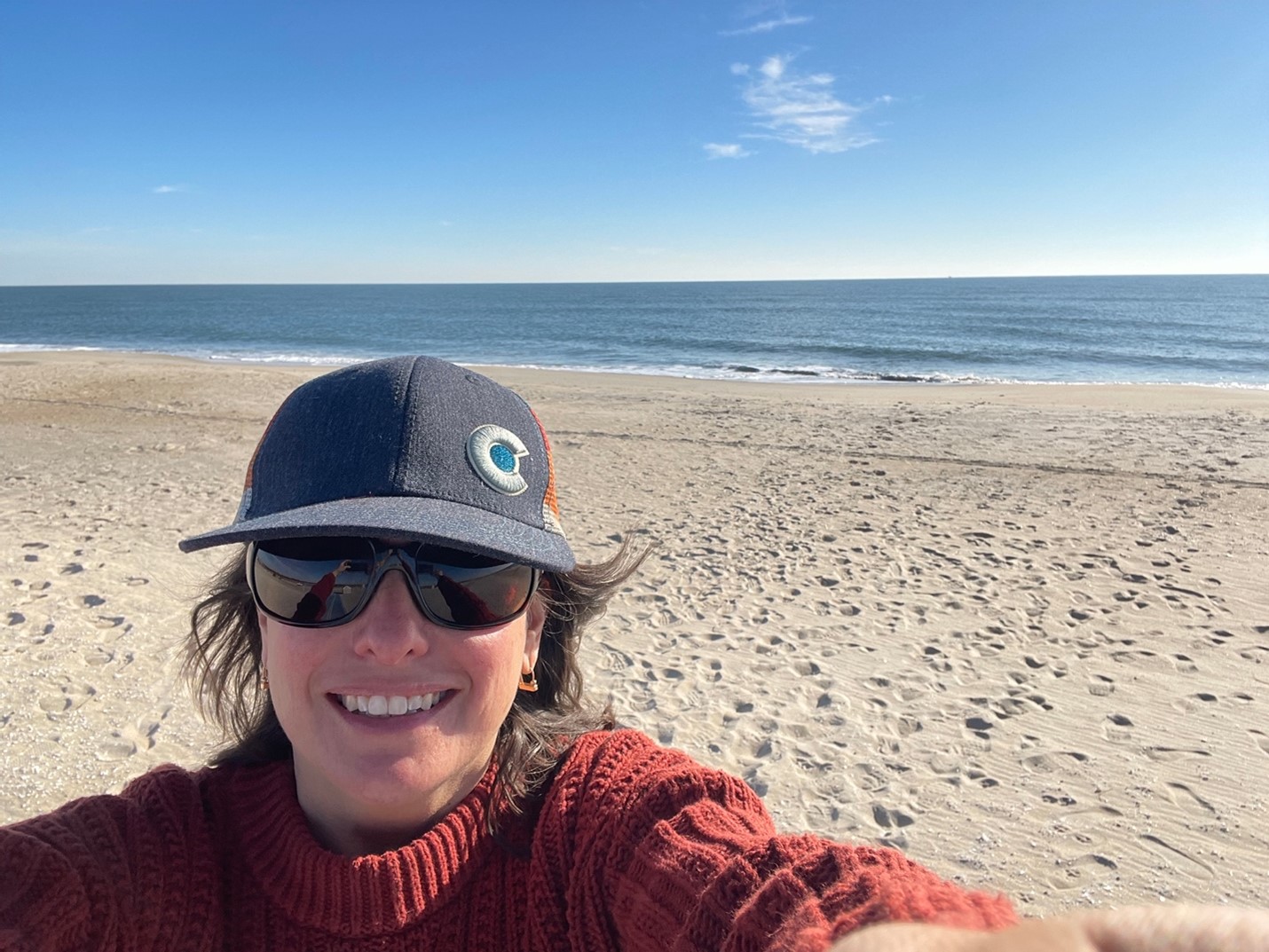
Maria Carillo I am a Cultural Anthropologist and Tribal Liaison with the National Park Service (NPS) Northeast Region. Currently I work extensively with the Native American Graves Protection Act (NAGPRA) and tribal consultation. Additionally, host the Tribal Engagement & Climate Change Working Group for NPS on a national level. I have worked as a disaster analyst in Hawai’i and Europe, and my personal research explores the intersection of cultural responses for climate change preparedness and response. I possess an M.A. in Anthropology from California State University, Fullerton.
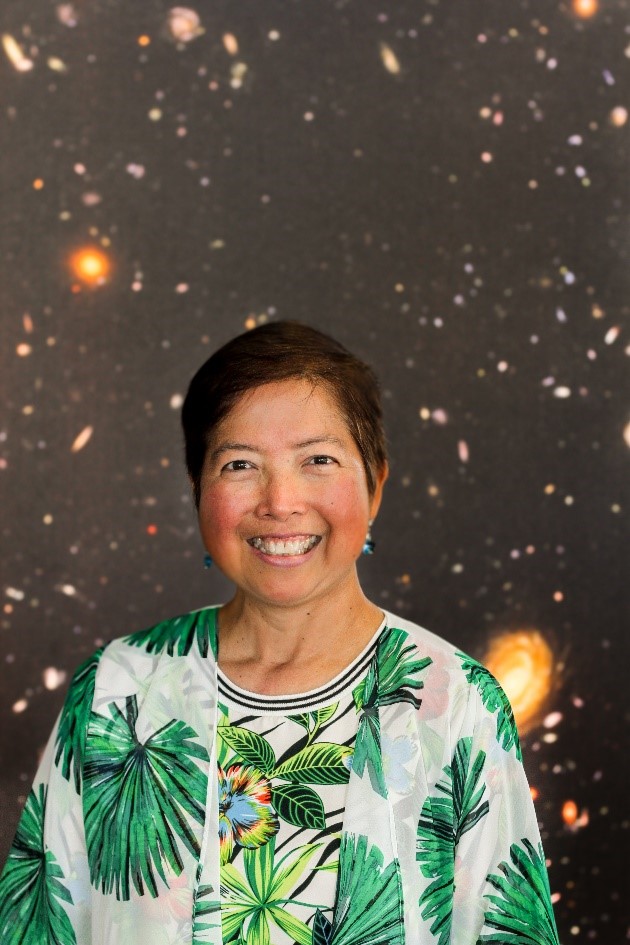
Dr. Agnes Pasco Conaty, PhD is a Senior Research Scientist and Science Lead at the NASA GLOBE Observer Program, NASA/Goddard Space Flight Center, Greenbelt, MD. She is a NASA Contractor with the Science Systems & Applications, Inc. (SSAI).
She is also a college mathematics professor at Marymount University, Montgomery College, Howard Community College, and Trinity Washington University. She has a doctorate degree in Environmental Science, master’s and bachelor’s degrees in Civil Engineering from the University of the Philippines. She has a Certificate in Secondary Teaching (Physics) from the American University.
As Science Lead and Data Analyst of the NASA GLOBE Observer Team, she focuses on data quality, data promotion, and usage by the academic community. Agnes promotes family citizen science and GLOBE awareness to communities and local colleges.
As Earth Science Researcher at Challenger Center for Space Science Education, she co-wrote an Earth Science system module, with scientific background, activities, and hands-on workshops for teachers, including beta-testing at DC public schools as part of the package.
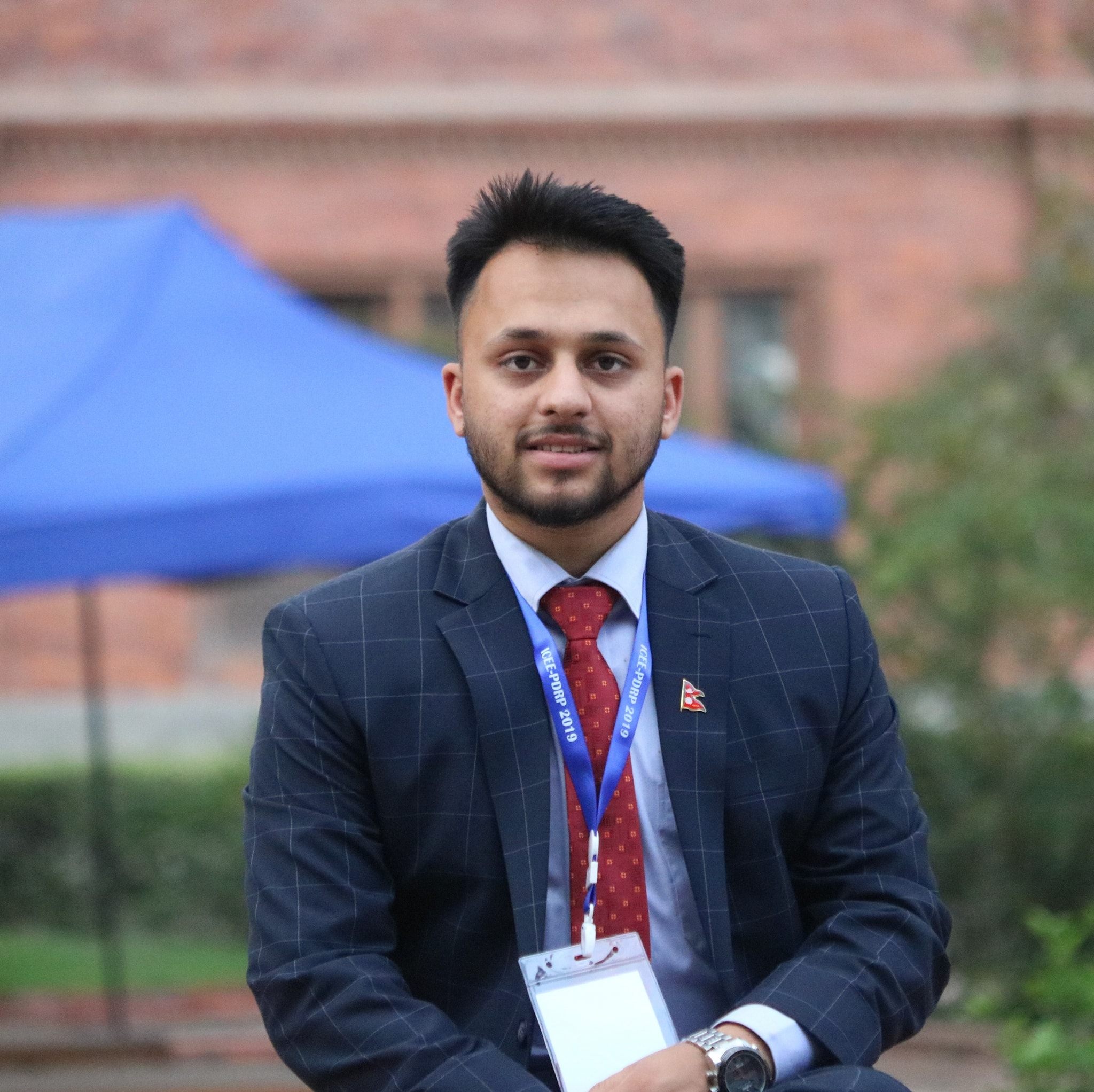
Kshitij Dahal is a Ph.D. student at Arizona State University. Kshitij grew up in Nepal where he witnessed devastating landslides and floods firsthand. Now, his research develops streamflow forecasting systems for Arizona streams. He develops machine learning methods and uses both satellite and in-situ data. The goal? Better predict and manage these natural hazards while improving water usage. Kshitij wants science to solve community problems. He has published research papers, presented at conferences and won awards for innovative work. In free time, Kshitij plays badminton, travels to new places and reads books for personal growth. Feel free to connect at https://www.linkedin.com/in/geokshitij/.
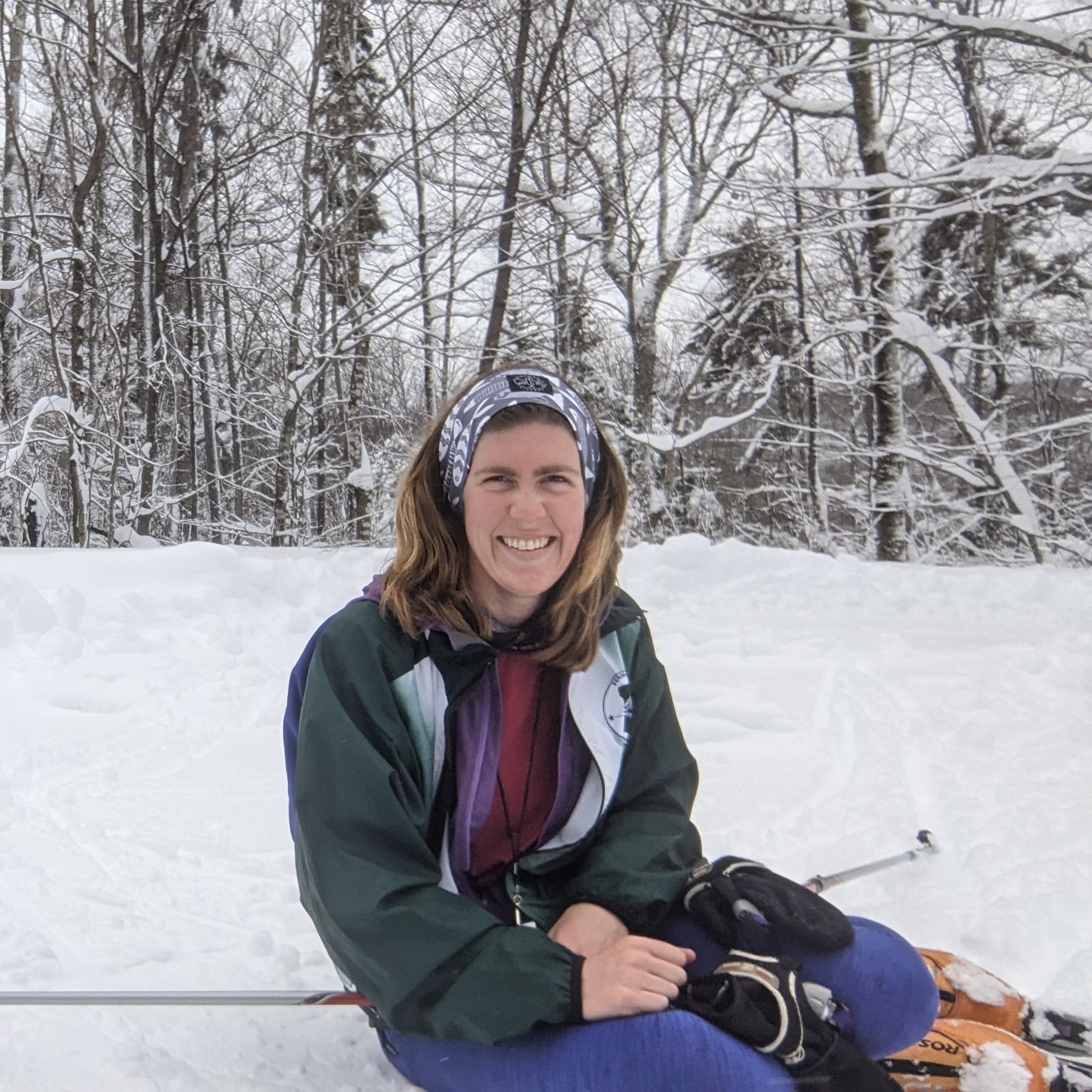
Nell Davis is a teaching assistant and PhD student at University of New Hampshire in the Department of Natural Resources and the Environment. She grew up in small-town Vermont and has always spent most of her free time either reading or outdoors, usually hiking, biking, cross country skiing, or sailing. Her academic background is in geology, art history, and natural resources. She has worked as an outdoor educator or education program coordinator in several states, and she has also been both a park interpretive ranger and a search and rescue team member. Her teaching experience, foundation in geology, and strong connections to the rural areas in which she has lived all contributed to her interest in community and participatory science. She’s looking forward to learning from and about the community that she works with in this role, and she’s also excited to help build connections with community members, professional scientists, and innovative place-based science methods.
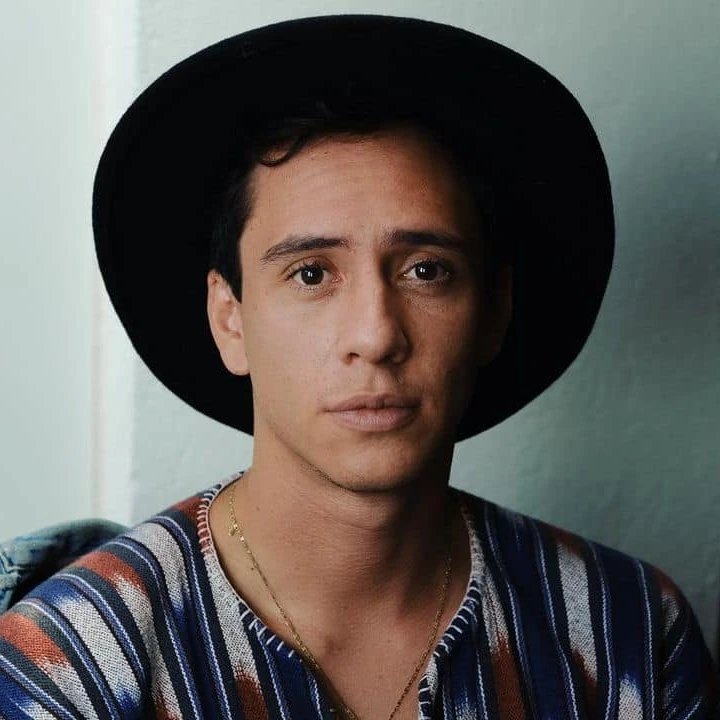
Alexander Hessinger I am Alex, an Ecuadorian passionate advocate for sustainability with close ties to the Ecuadorian Amazon Rainforest, where I grew up. With over a decade of experience in working with diverse communities across America, I co-founded Tribuquent, focusing on integrating technology and renewable energy to foster a dynamic economy where human dignity and flourishing are paramount. At Tribuquent, we do more than build projects; we ignite change and promote a culture of collaboration, reciprocity, and open access to resources, all aimed at achieving social and economic equity. Our mission is to catalyze a just energy transition that ensures no one is left behind. With proven expertise in leading multi-million dollar initiatives in broadband, renewable energy, and innovative technology sectors, I am continually seeking innovative ways to ensure humanity thrives with dignity in balance with our planet. My commitment to sustainability is driven by a vision of a future where communities are seamlessly connected through sustainable practices that respect both human and environmental needs.
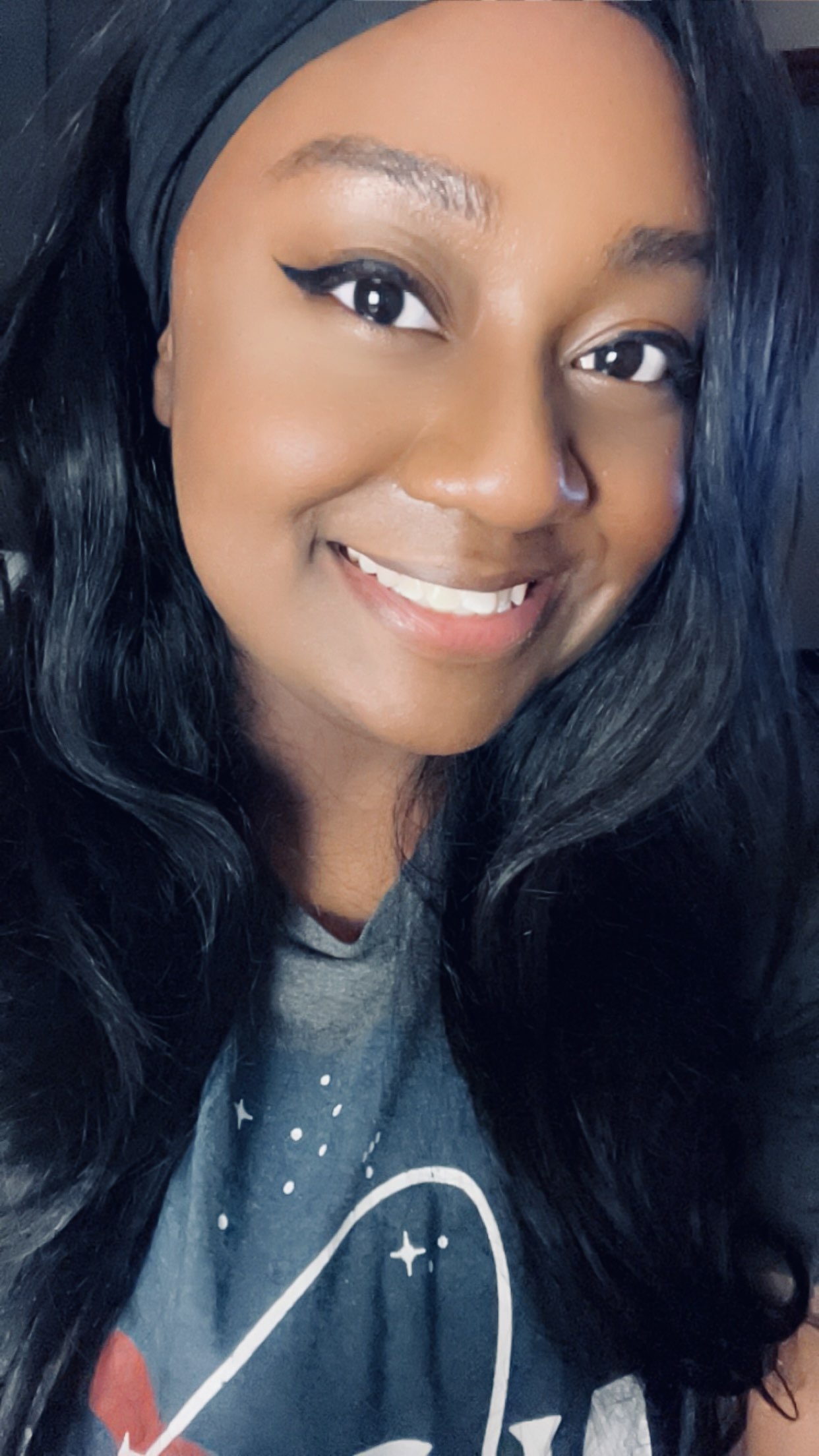
Deanna Johnson is studying Computer Engineering and Environmental Science at the University of Illinois at Chicago. She brings a wealth of experience to the Community Science Fellowship including working as an EMT as well as participating in Open Innovations and Community Applications within the Applied Sciences program at NASA. While at NASA, Deanna worked on projects on wildfire research and public engagement in earth science. She has a passion for helping our planet Earth and the people who live on it along with a desire to learn to grow her personal leadership and management skills. When she’s not studying or working, she enjoys drawing, sculpting, and wheel thrown ceramics.
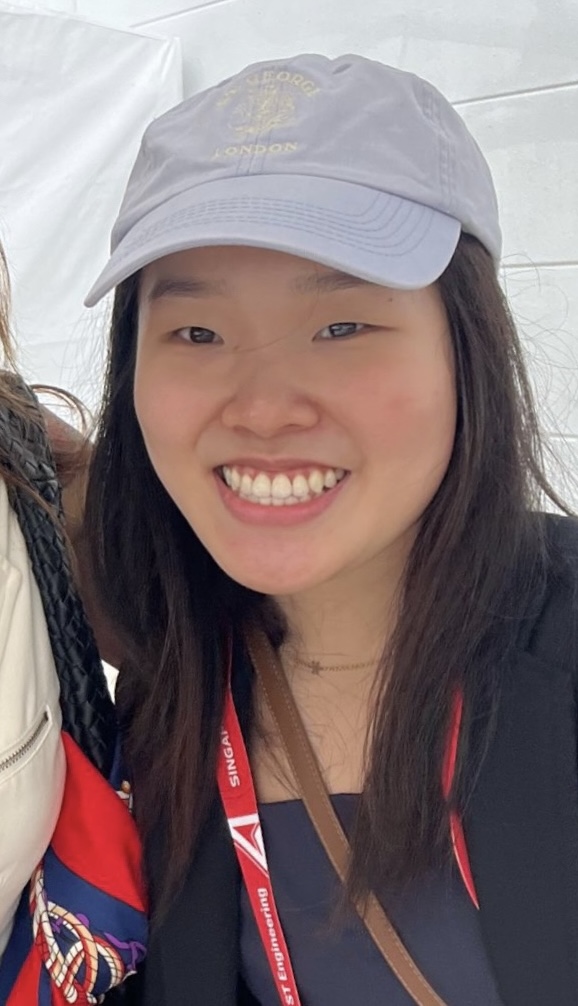
Cheryl Kam graduated from Embry-Riddle Aeronautical University receiving a Bachelor of Science in Aeronautics with Summa Cum Laude honors in 2020. She is a research assistant and is also working with NASA GeneLab in their ALSDA, animal, microbes and multi-omics analysis working groups. She is interested in aviation medicine, human factors, extreme environments (zero-G, high-G, hypobaric environments).
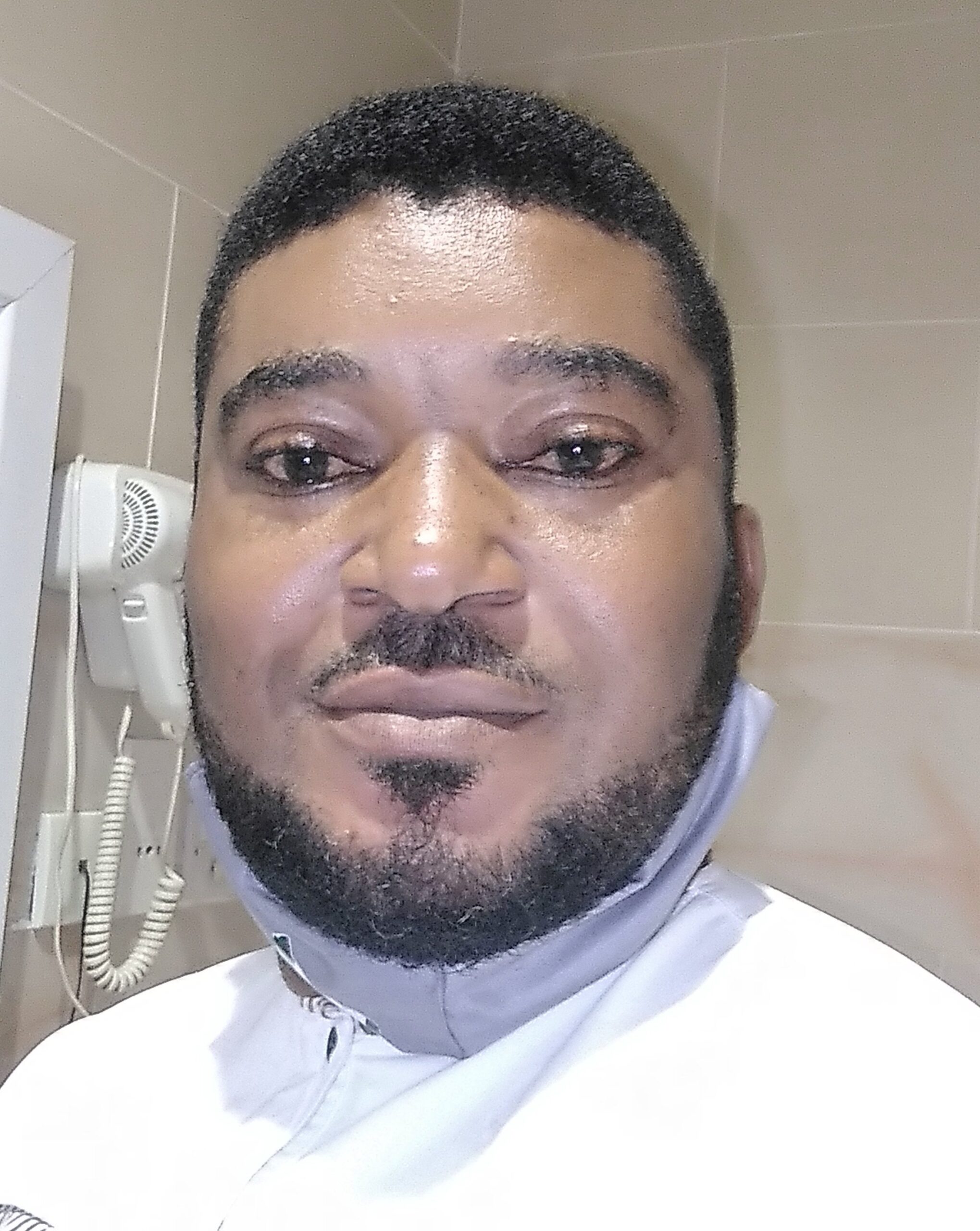
Henry Karshima
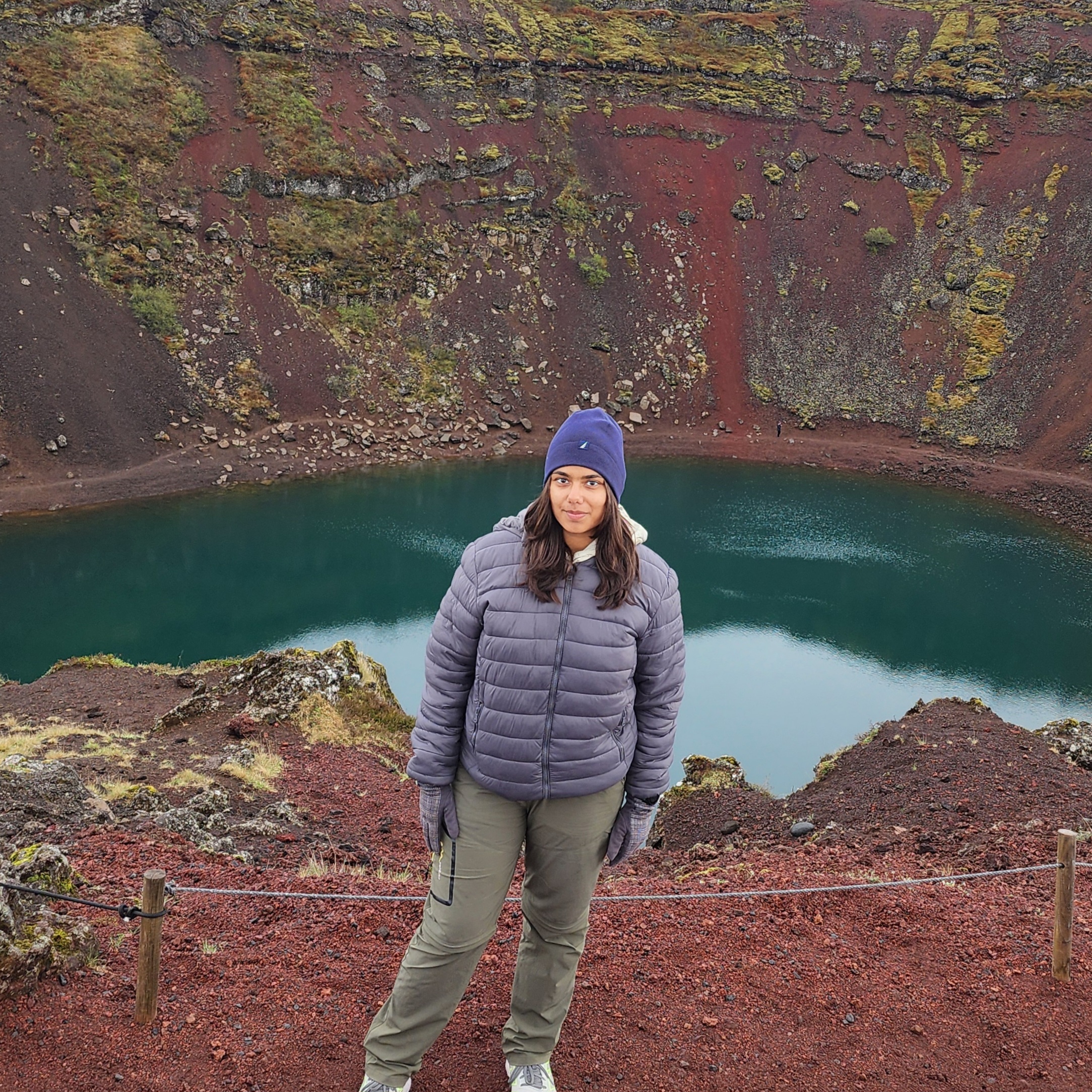
Aryaana Khan
Aryaana Khan is an environmental scientist, organizer, and poet— working to address the climate crisis. She was born and raised in Bangladesh, a country annually submerged underwater as a result of climate change.
While completing coursework towards a Bachelor of Science (B.S) in Biology with a minor in Sociology from The City College of New York— Aryaana has gained insights into environmental science and climate change— both inside and outside of the classroom. For the last decade, she has been involved in the youth climate movement through her work with the Climate Emergency Advocates (CEA), Action for the Climate Emergency (ACE), the Wild Center, the Climate Museum, Global Kids, etc.
Aryaana is currently a PhD candidate in Earth Sciences & Environmental Sustainability at Northern Arizona University (NAU)— working on scientific research, advocacy, and policy to actualize climate solutions and more resilient communities.
Gad Levy photo and bio coming soon!
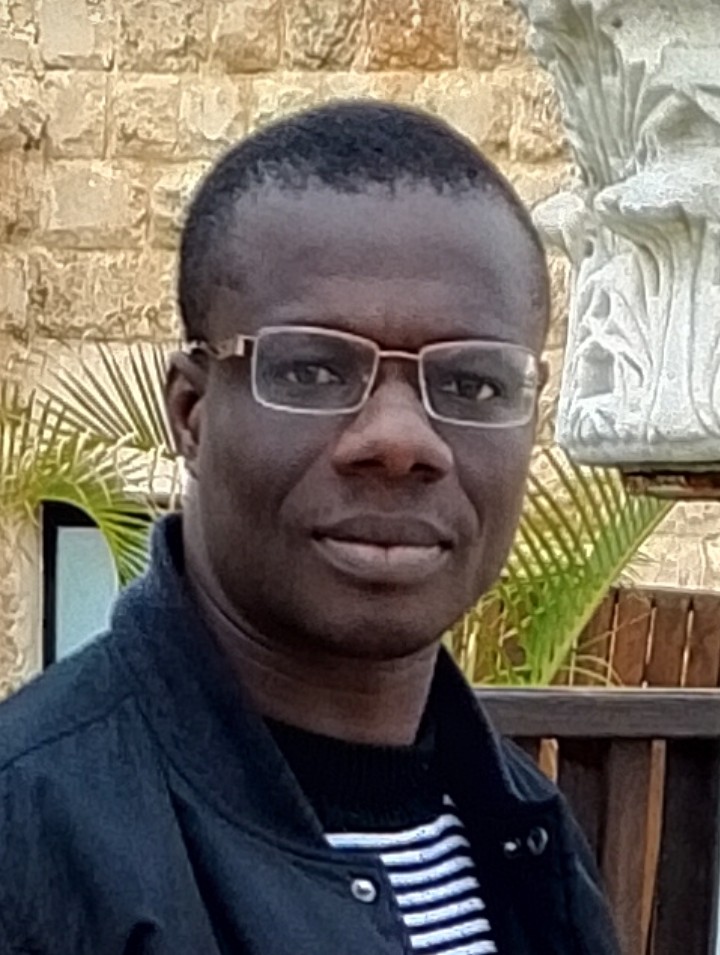
Ajakaiye Muyiwa
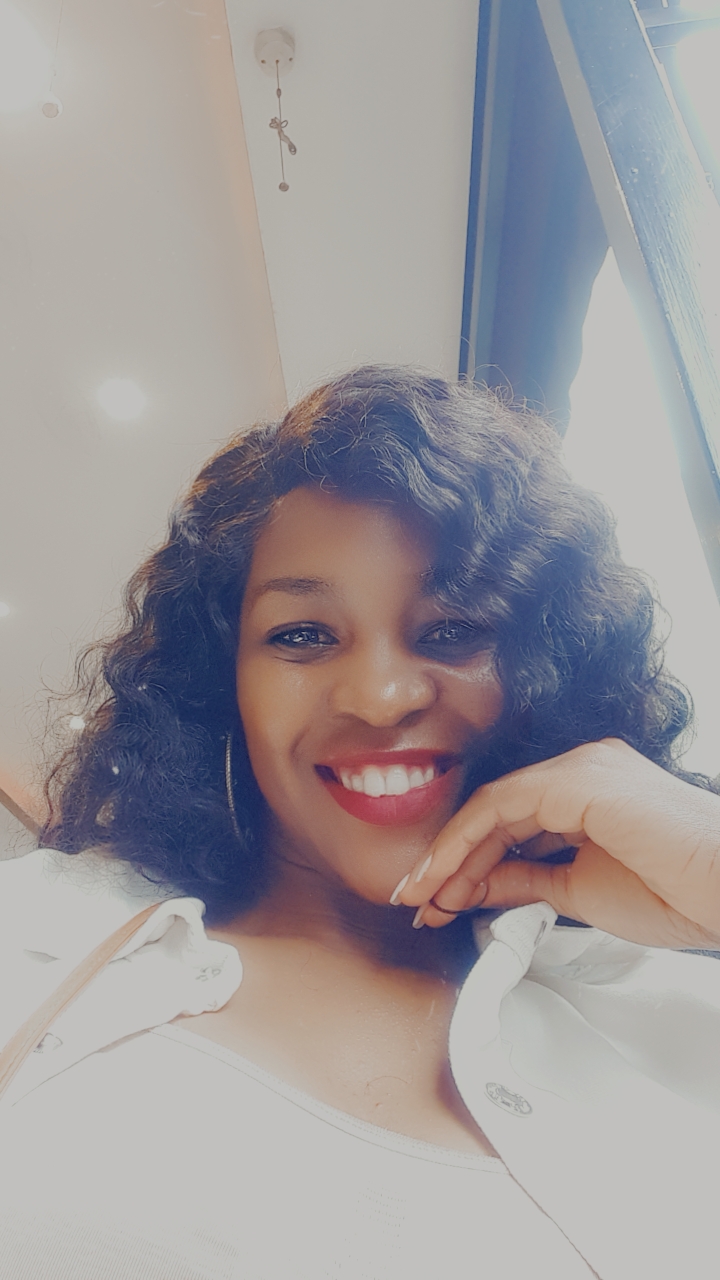
Ritah Nakanjako has a background in Meteorology (BSc) and Geo-Information Systems (MSc) as well as working as a researcher with various rural and urban communities largely in Uganda and other areas like Indonesia. She has primarily worked with the Urban Action Lab in Makerere University, Kampala, Uganda focusing on projects that assess climate vulnerability in cities, climate adaptation mechanisms by different groups of people, the interplay of social factors, economic disparities, and decision-making systems in addressing environmental challenges, translating science into local adaptation practices and so much in the lens of connecting communities to researchers, policy makers and implementing partners.
She is currently pursuing a PhD focusing on assessing heat adaptation strategies in reducing morbidity and mortality in low-income communities in African cities, specifically Accra (Ghana) and Cape Town (South Africa). She has keen interests in not only analysing climate and extreme events in Global South communities but also communication of climate science to grass root stakeholders, co-production of knowledge, community engagement and use of interdisciplinary tools for co-development of climate change solutions. When not thinking about anything climate, Ritah is probably indoors watching Netflix or listening to a podcast unless otherwise.
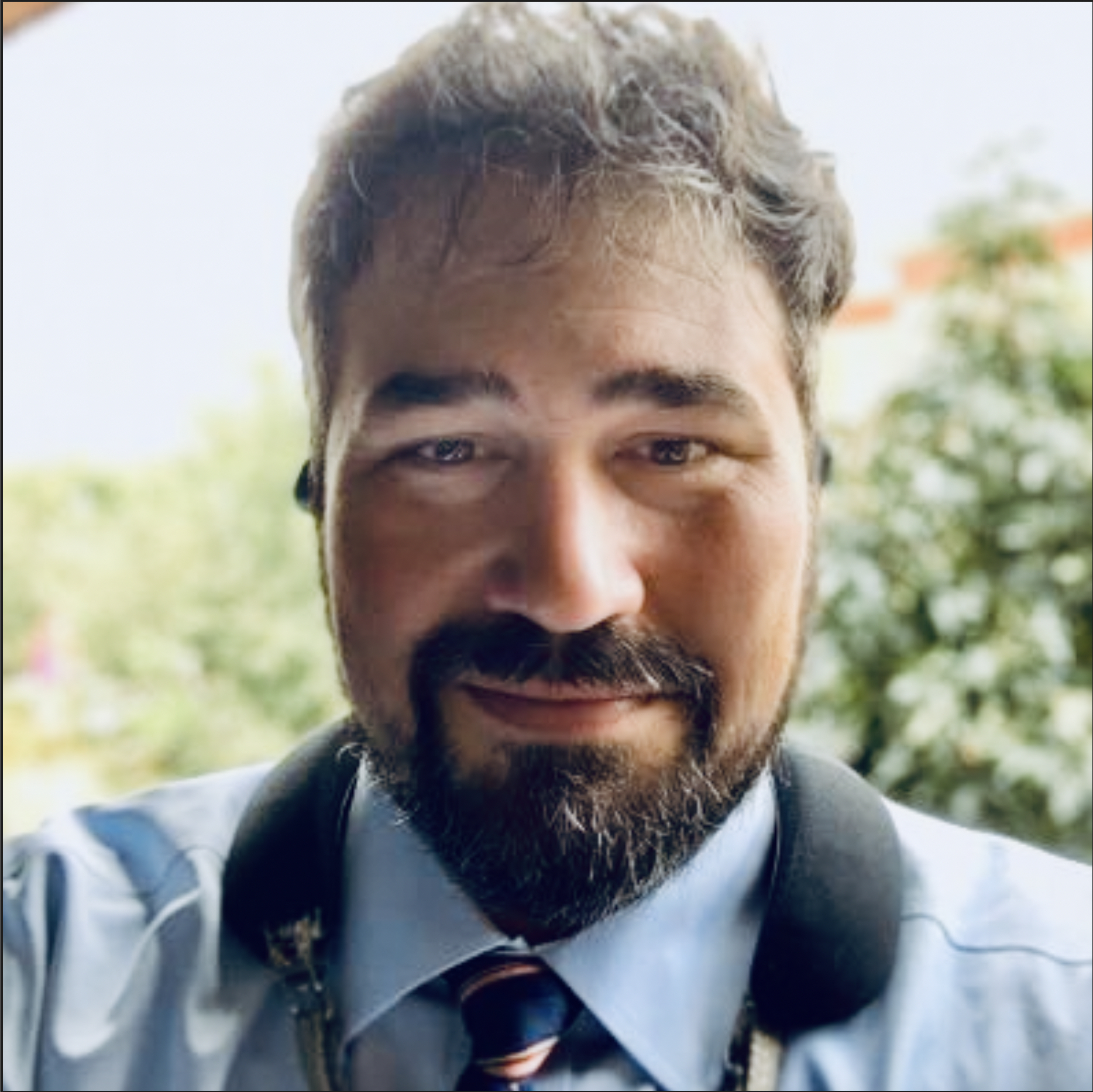
Charley Naney
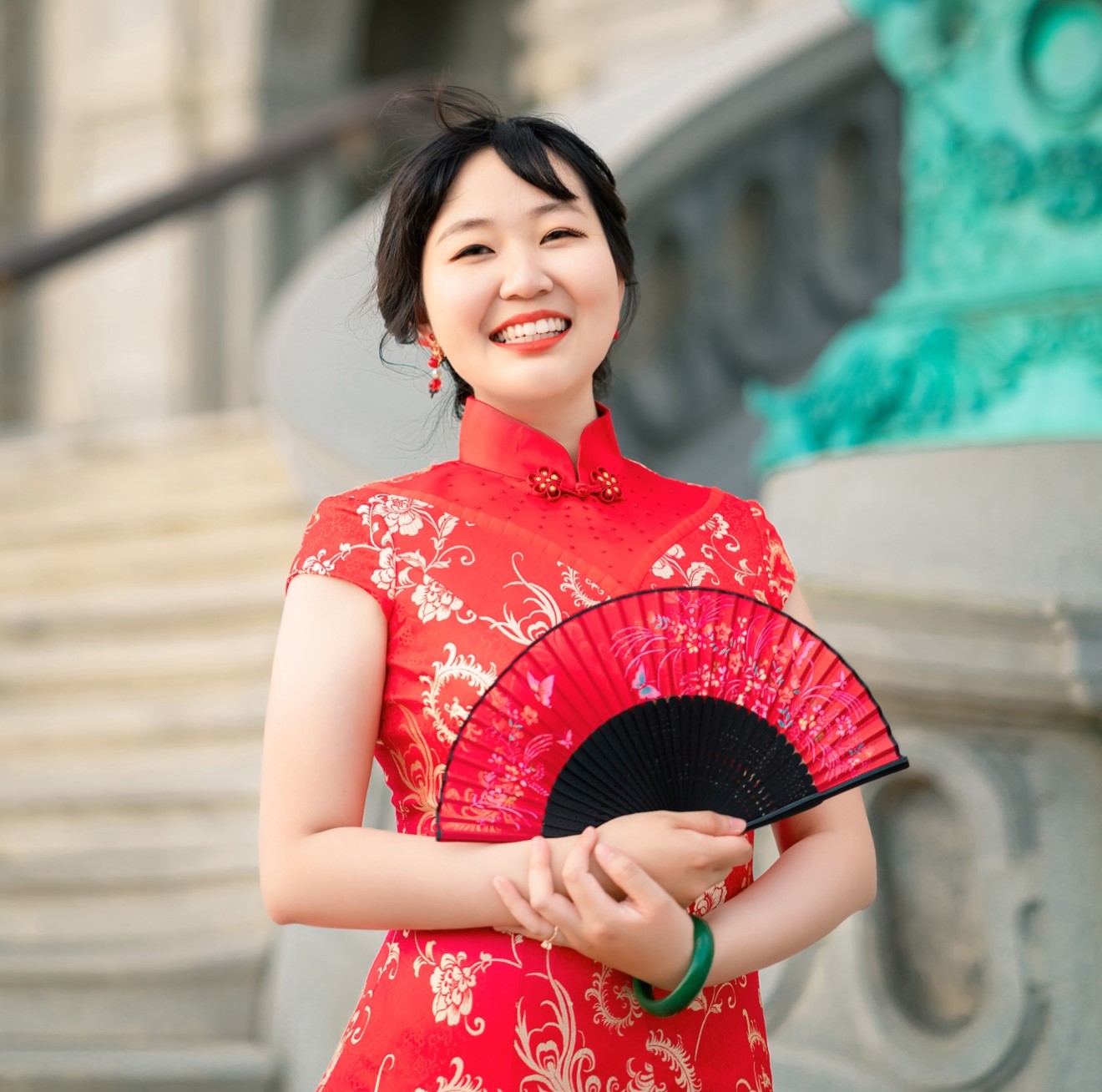
Tianyin (Tia) Ouyang (she/her/hers) is a Ph.D. student majoring in chemical oceanography at the University of Delaware (UD). Her research primarily focuses on identifying the sources and controlling factors of chemicals (including nutrients, organic carbon, and potential pollutant) present in Delaware’s water bodies and aims to develop a conceptual model to predict chemical variations in estuarine and coastal water systems. Tia actively engages in outreach activities and serves as a co-leader of Citizen Advisory Committee outreach working groups at the Center for the Inland Bays to facilitate communication of research findings with diverse audiences on the benefits of achieving water quality goals, resolving community concerns, and improving natural resource health. She is very excited to extend her interests to becoming a fellow in a thriving exchange program and supporting community science research to make positive impacts. To find out more about Tia, see her personal website: https://tianyinouyang.weebly.com!
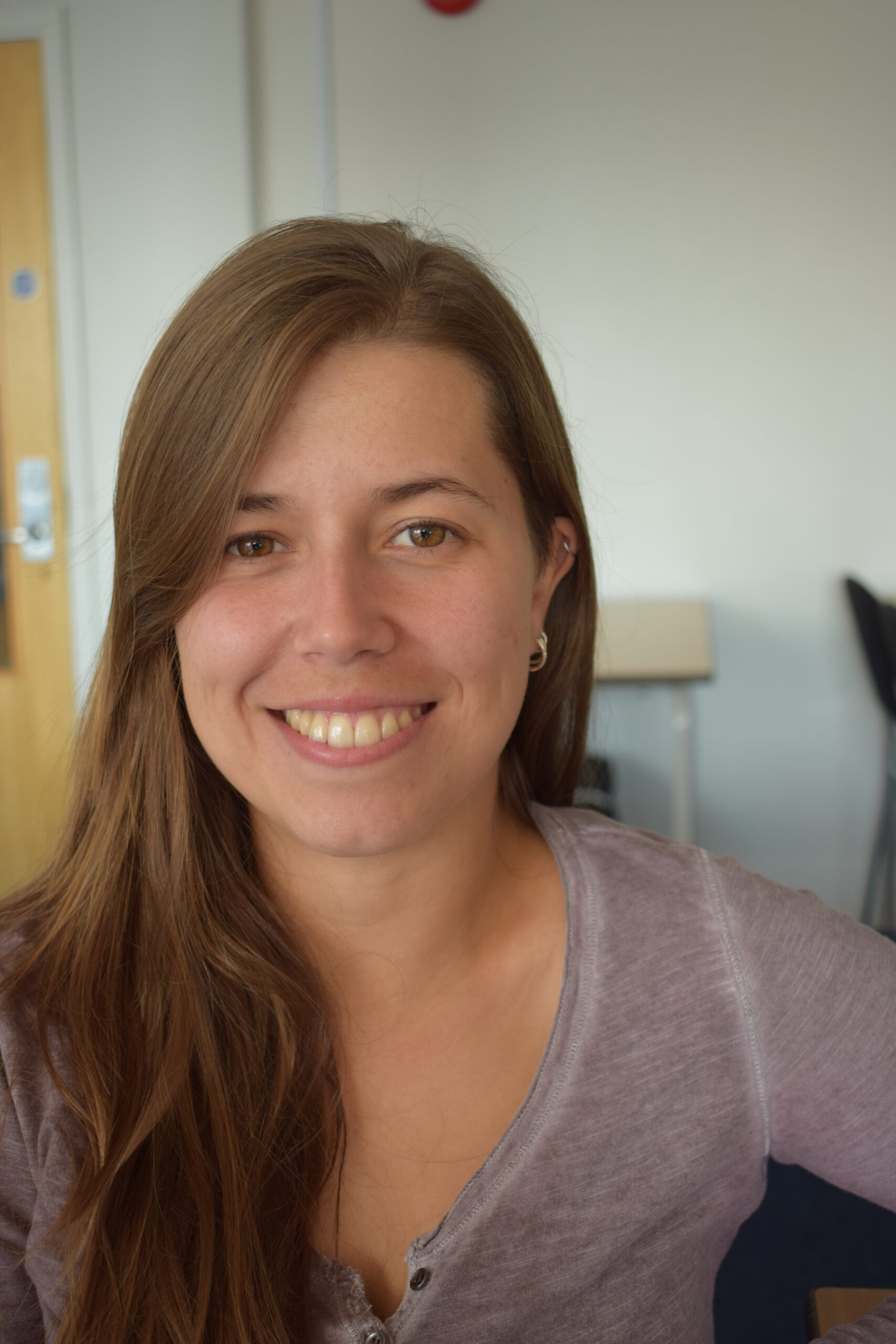
Almudena Sánchez de la Muela (she/her) is a researcher in green technologies at CIUDEN (Spain). She has always worked in between industry and research. Her undergrad background is in Geology, although her work experience is quite focused in geophysics, especially seismicity monitoring. She was born in Spain, but has lived in the UK and Chile while doing her PhD. She loves travelling and takes any opportunity that arises to do so. During her PhD she worked with Chilean communities to find the best spots for recording seismicity in the Andes, where Almudena realised the importance of local knowledge on field-based studies. Almudena enjoys learning from and with others, she is passionate about science outreach and plays rugby in her free time.
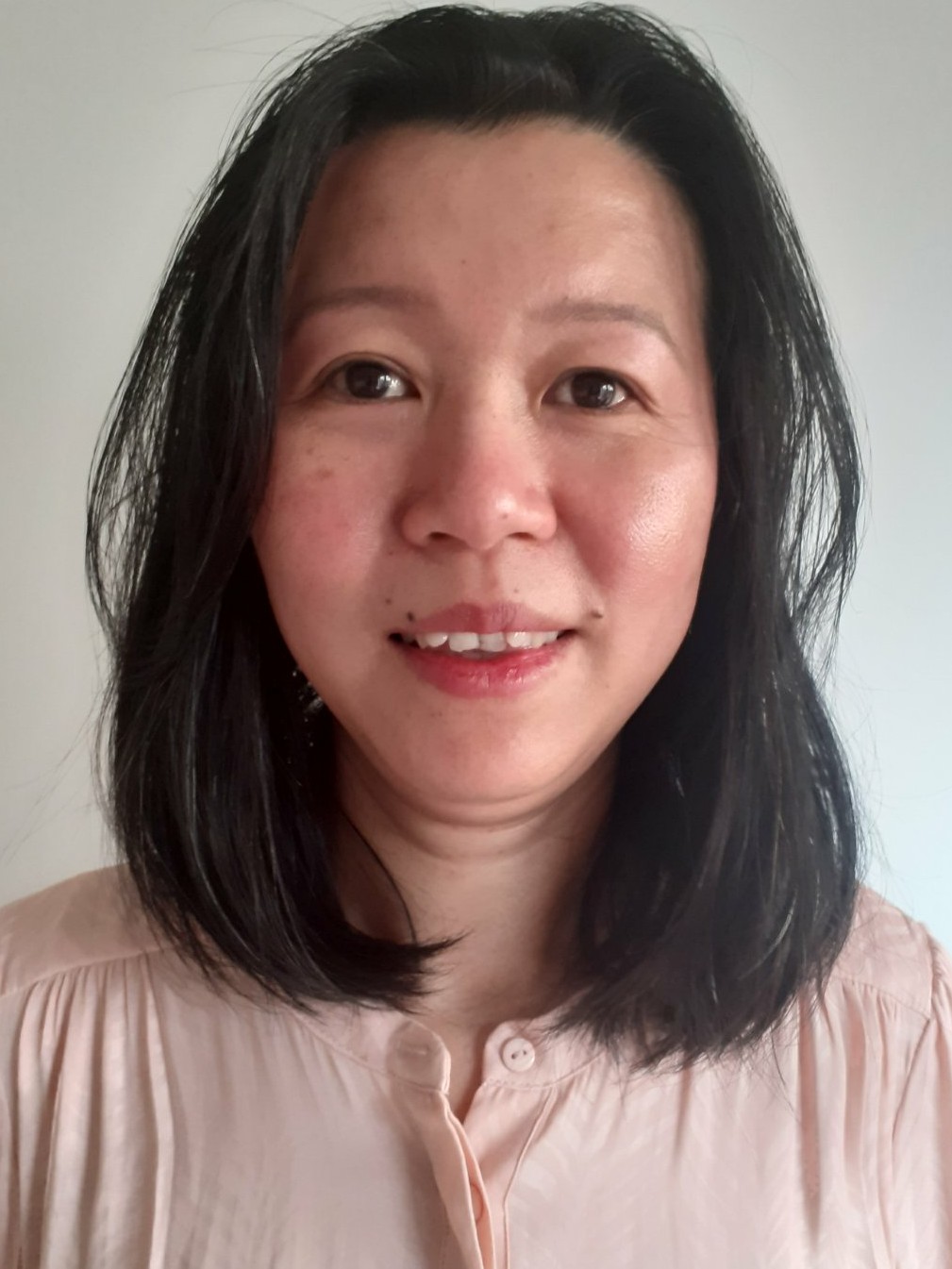
Yin Tun is a postgraduate researcher and teaching associate at The University of Manchester. Her research focuses on air quality in the UK and groundwater drinking quality in the Global South. Yin holds a master degree in Environmental Monitoring, Modelling and Reconstruction and a second master degree in Research Methods with Education. Her unique background combined with a passion for knowledge sharing and life-long learning has enabled her to get involved in various capacity building educational projects in the Global South. In her spare time, she enjoys swimming, walking in the countryside and growing her own vegetables.
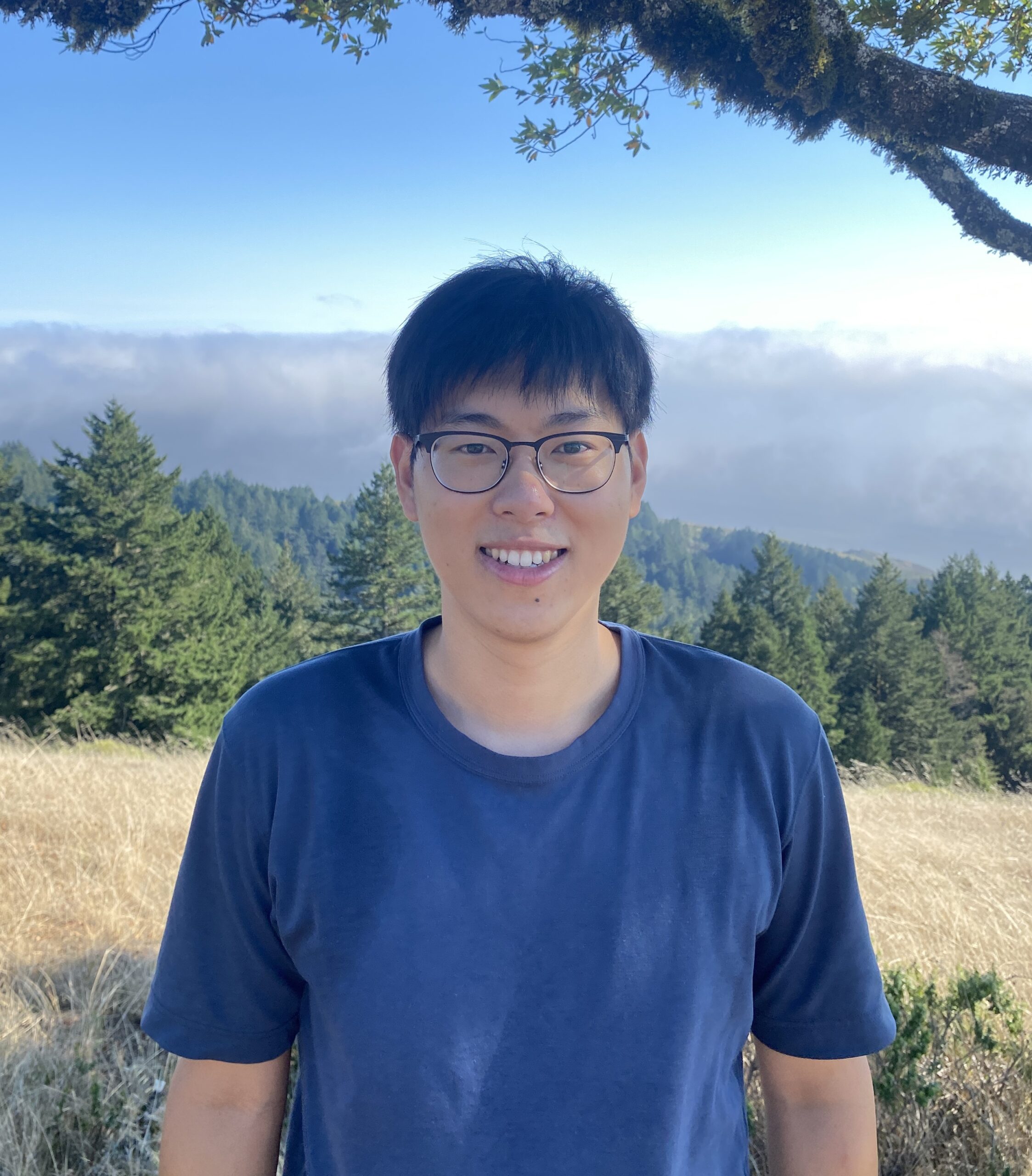
Shenglun Wu (he/him) is currently a PhD candidate in the Department of Civil and Environmental Engineering at the University of California, Davis. His current research focuses on investigating the spatial and temporal pattern of Ozone photochemistry and their implications to Ozone control strategies in California. He is particularly interested in using ground-based measurements, remote sensing, and modeling techniques to address urban and regional air quality issues. Prior to his graduate studies, he earned his B.Eng. in Environmental Engineering at Zhejiang University in China. In his spare time, he is a soccer fan and enjoys outdoor activities such as hiking.
